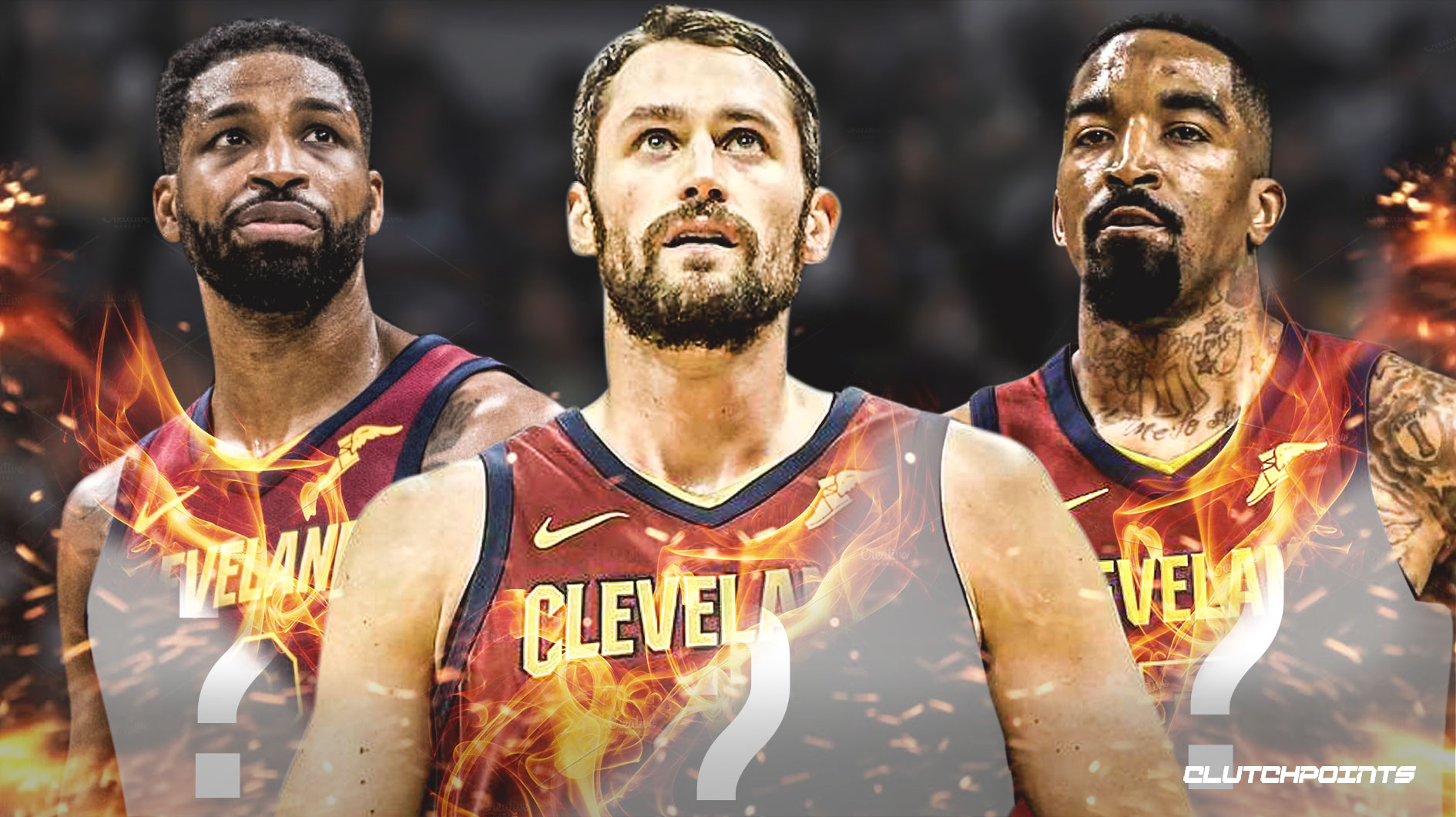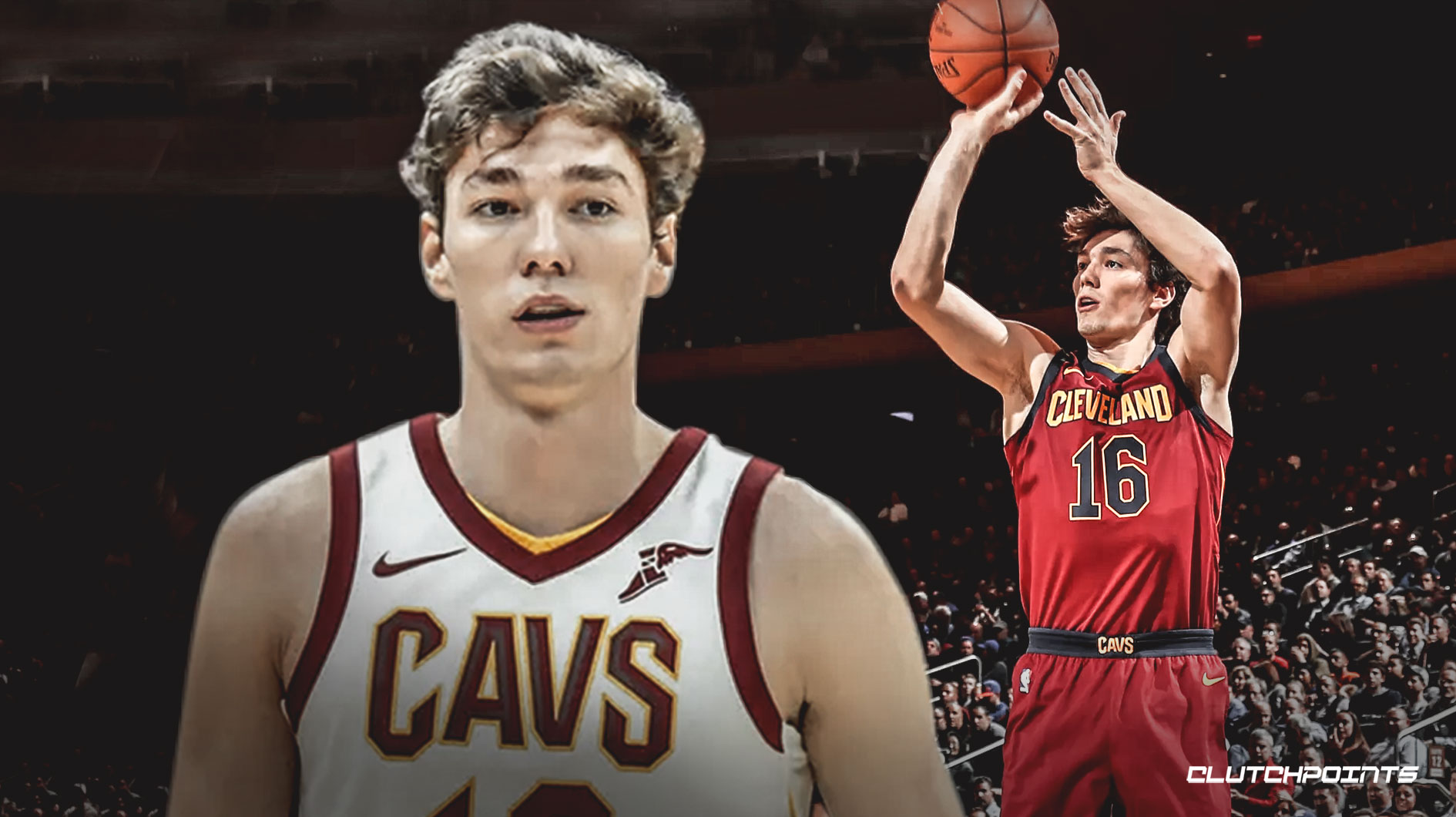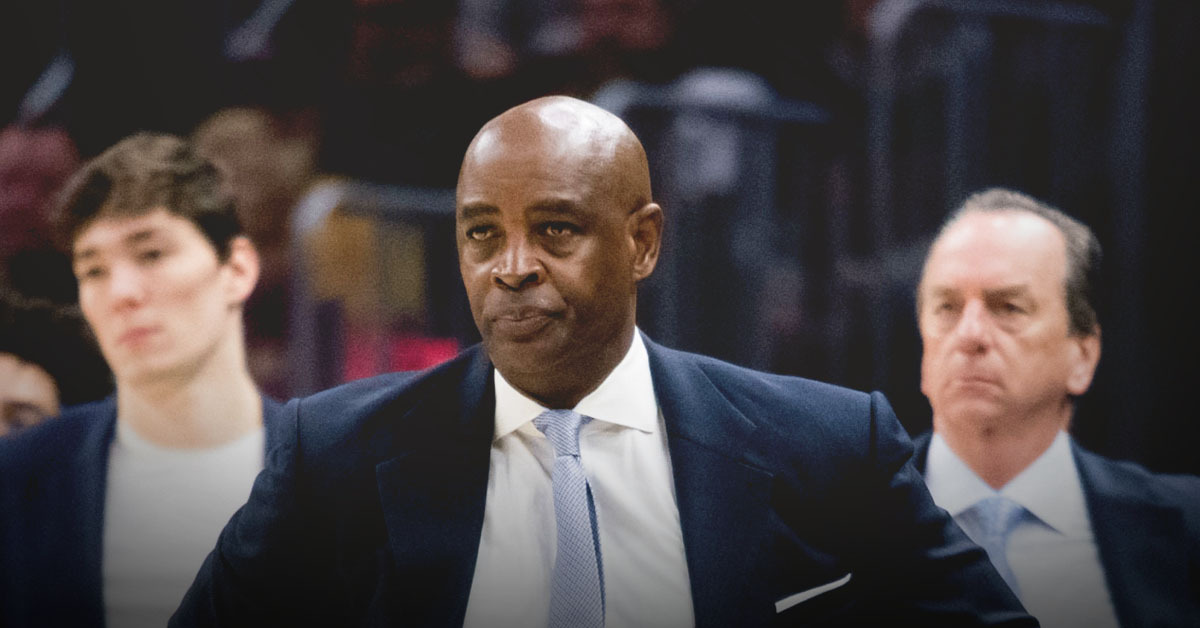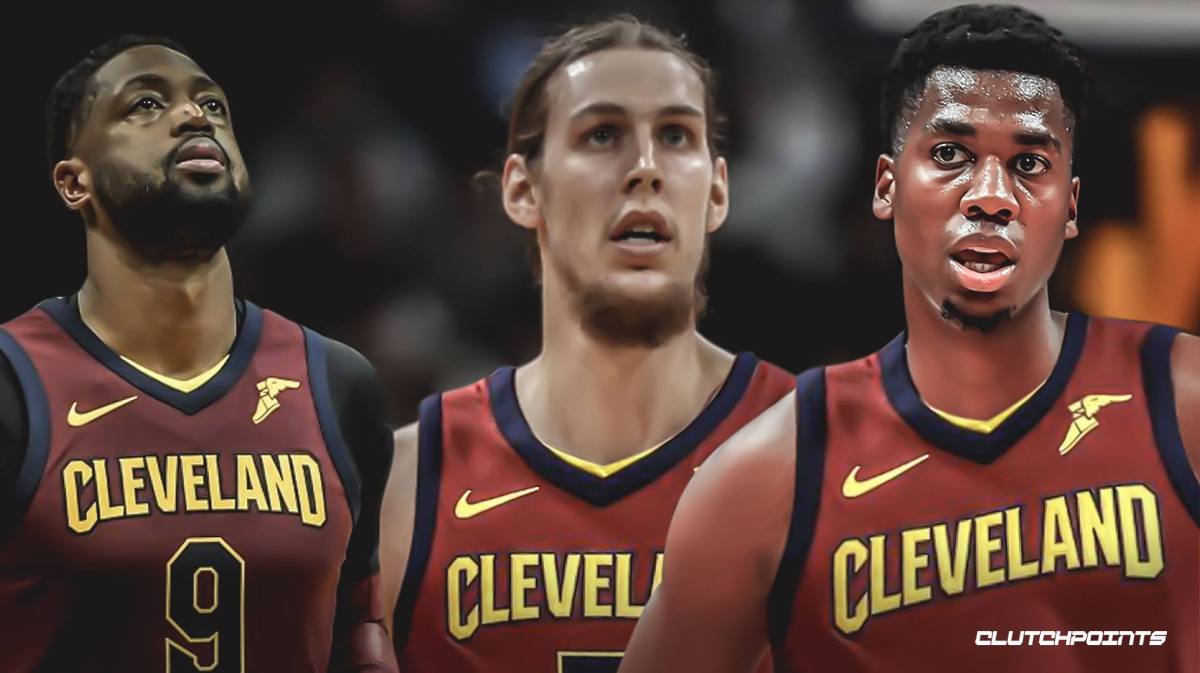On Sunday, the Cleveland Cavaliers struck a deal with the Portland Trail Blazers which sent Rodney Hood to Portland in exchange for Nik Stauskas, Wade Baldwin IV, and two second-round picks. While this move was a good start, there are still four days until the NBA trade deadline, and the Cavs still have J.R. Smith and Alec Burks on the roster, both of whom hold trade value.
There are plenty of teams that would (or at least should) be interested in acquiring Smith and Burks, and one of those is the Miami Heat, who currently roster three bad contracts, including one they have been trying to move since they day it was signed.
Miami is hanging on to the eighth playoff seed in the Eastern Conference, two games ahead of the Detroit Pistons. They have done this without the services of All-Star point guard Doran Dragic, who has missed all but 14 games this season. Dragic is expected to return after the All-Star break, so the Heat do have a legitimate chance at making the postseason. However, with Dwyane Wade set to retire after the season and no young star to build around, there have been rumblings that Miami may be entering a full rebuild. Whether they are considering blowing the team up or not, getting out of their bad contracts will help them.

The worst offender of the three deals is that of Hassan Whiteside. Prior to the 2016-2017 offseason, Whiteside signed a four-year contract worth nearly $100 million, including a player option for the fourth year. At the time, he was a 26-year-old coming off of a season during which he had averaged 14.2 points, 11.8 rebounds, and 3.7 blocks in 29 minutes per game.
Since then, his numbers have remained very good, but the Heat still want to move him. His play doesn’t warrant his $25+ million salary, which has prevented the team from improving through free agency. Whiteside will certainly exercise his player option for next season, which will pay him over $27 million. At that point, he would become one of the most valuable trade chips in the league, as his expiring contract would create a large amount of cap space, and his play could help a contending team.
Tyler Johnson was signed to a four-year $50 million deal after the 2015-2016 season, when the salary cap spiked. Miami was hoping that the 23-year-old would continue the improvement he had shown over his first two seasons in the league. However, Johnson’s play didn’t necessarily improve, his role just increased. He is a very solid player to have on the bench, as he is a decent shooter and can create for others, but his contract was structured in such a way that he isn’t worth anything near what he is being paid now.

After making under $6 million in each of the first two seasons of his deal, Johnson’s cap hit rose to over $19 million for 2018-2019, and he has a player option for the same amount for 2019-2020. Still, like Whiteside, one he is on the final year of his deal, he will be quite valuable.
Public enemy #1 in Cleveland for a while, Kelly Olynyk is a solid rotational big man. He is averaging 9.1 points, 4.4 rebounds, 1.6 assists, and 0.2 shoulders dislocated in 20 minutes per game. However, he is owed nearly $40 million through 2020-2021 with a player option, and that kind of production is not difficult to replace for cheap. If the Cavaliers were to land Olynyk, it may be better for fan morale to instantly buy him out, so as to not stir up any more bad memories than required.
With Smith and Burks to trade, the Cavs can make two deals with the Heat. They can either take on Whiteside alone, or they can get both Johnson and Olynyk. Either trade would involve Miami sending draft picks back to Cleveland, with considerable protections if they are of the first-round variety. The Heat owe their 2021 selection to the Suns, who in turn owe it to the 76ers. This means that Miami can trade their 2019 and 2023 picks as of now. Either would be fine for the Cavs.

It may not be the high-risk high-reward move that trading for Markelle Fultz would be, but a deal with the Miami Heat makes sense for Cleveland. The Cavaliers could gain a draft pick or two while acquiring contracts that can be flipped at future trade deadlines, at which time the process should be repeated. The only possible downside is having to endure the PR disaster that Kelly Olynyk would bring.
